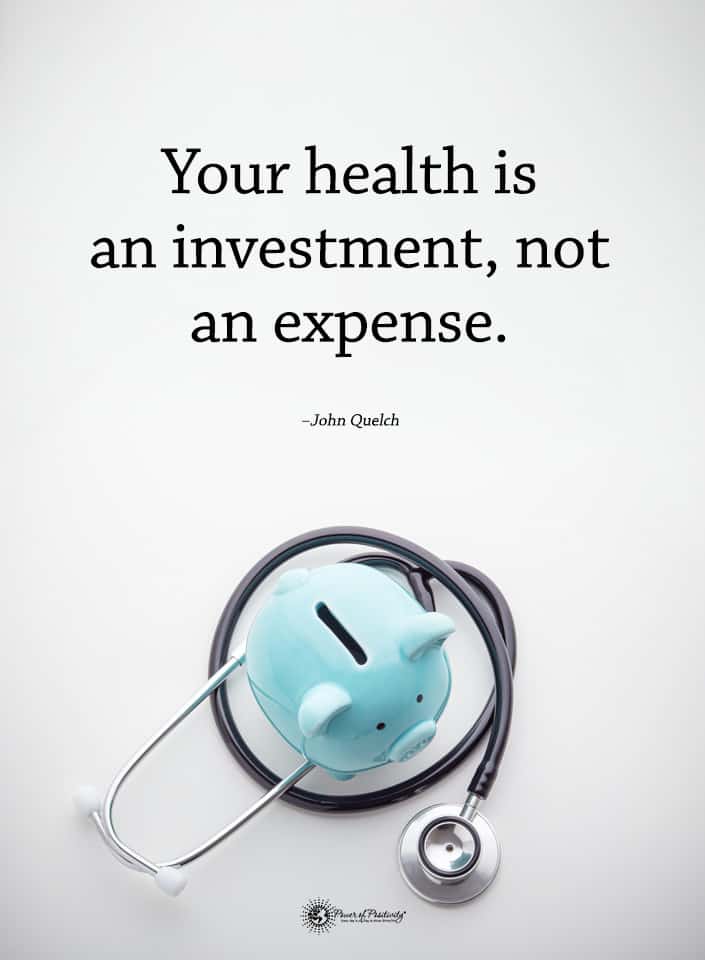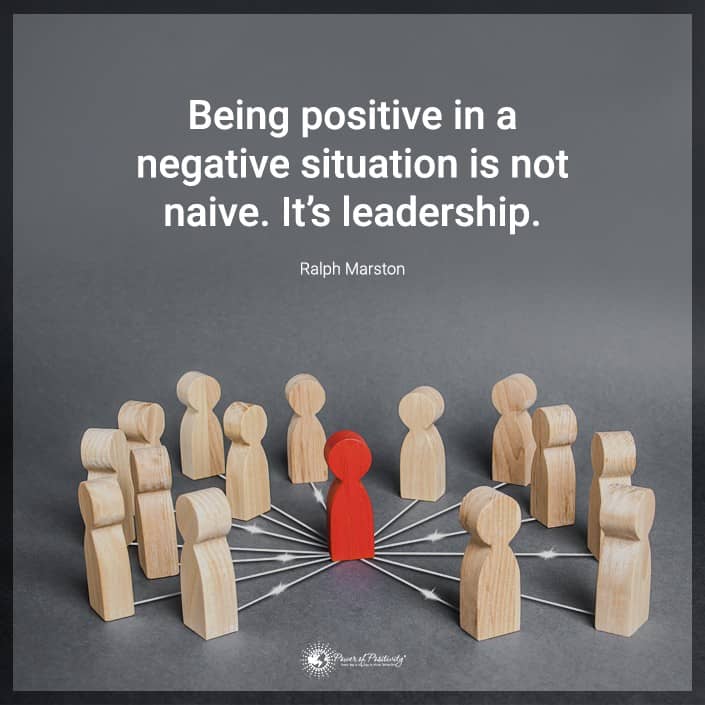We all know that for most people in the world, times are tough. We all are just scraping by, clinging to any piece of hope and inspiration. Many people have had to resort to getting second jobs or applying for unemployment just to make enough money to make ends meet. However, one boy named Cayde, from Michigan, decided to be the light in a very dark world.
Just 8 years old, Cayden Taipalus decided to find a way to raise money for kids in his school who didn’t have enough funds to pay for a hot lunch themselves. When Cayden saw his friend being denied a hot lunch because he didn’t have money in his account, he knew immediately that he had to take action.
8 Year Old Sees Friend Denied Lunch Because of No Money…Buys Lunch For Nearly 300 Kids
A student at Challenger Elementary in Howell, Cayden had to watch his friend eat a cheese sandwich that the school gave him due to the lack of money in his account.
His mother, Amber Melke-Peters said that Cayden came home that day upset about the situation, and asked her for advice on how he could help his friends so that they could have hot lunches every day.
His mother wanted to get on board with his vision, too, and helped him create a website to raise funds for the children. They both came up with a site name: “Pay It Forward: No Kids Goes Hungry.” Once they got the website up and running, Cayden asked anyone he knew for whatever they could offer to help the children at his school get hot lunches.
However, Cayden didn’t just count on others for monetary help. He actually went out and did some recycling so that he could raise a bit of money on his own to add to the “hot lunch funds.”
After he helped his friends pay off lunch debts, he asked the lunch ladies to add money to some children’s accounts who needed it so that they wouldn’t have to go hungry anymore.
Since Cayden started his site, he’s raised almost $7,000 and helped over 300 kids get hot lunches. He plans on keeping the site going and continuing to raise money so that more kids can have hot lunches at his school.
“I am so very proud of my son,” Peters said. “He is only 8 years old and to grasp the concept around this is just amazing in my eyes. He has a heart of gold.”
Along with his mother, the staff at Challenger Elementary and so many others feel inspired by Cayden’s selfless actions. He saw a problem and worked hard to fix it so that his friends could enjoy a hot lunch with him.
Related article: Amazing! Here’s How A Teacher Uses Apples To Show How Words Can Hurt
So, we hope that you, too, will find inspiration and beauty in Cayden’s actions, because he shows us that light still very much exists in this world. We can all help out and make a difference, if only we remember to continue looking out for one another and not just ourselves.









